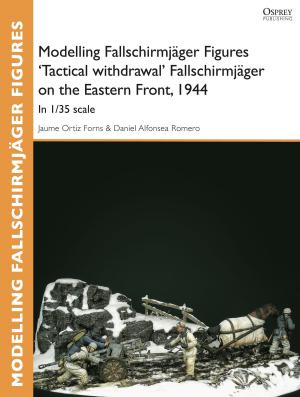A Critical Introduction to Formal Epistemology
Nonfiction, Religion & Spirituality, Philosophy, Epistemology| Author: | Darren Bradley | ISBN: | 9781780937526 |
| Publisher: | Bloomsbury Publishing | Publication: | August 27, 2015 |
| Imprint: | Bloomsbury Academic | Language: | English |
| Author: | Darren Bradley |
| ISBN: | 9781780937526 |
| Publisher: | Bloomsbury Publishing |
| Publication: | August 27, 2015 |
| Imprint: | Bloomsbury Academic |
| Language: | English |
Formal methods are changing how epistemology is being studied and understood. A Critical Introduction to Formal Epistemology introduces the types of formal theories being used and explains how they are shaping the subject.
Beginning with the basics of probability and Bayesianism, it shows how representing degrees of belief using probabilities informs central debates in epistemology. As well as discussing induction, the paradox of confirmation and the main challenges to Bayesianism, this comprehensive overview covers objective chance, peer disagreement, the concept of full belief, and the traditional problems of justification and knowledge.
Subjecting each position to a critical analysis, it explains the main issues in formal epistemology, and the motivations and drawbacks of each position. Written in an accessible language and supported study questions, guides to further reading and a glossary, positions are placed in an historic context to give a sense of the development of the field. As the first introductory textbook on formal epistemology, A Critical Introduction to Formal Epistemology is an invaluable resource for students and scholars of contemporary epistemology.
Formal methods are changing how epistemology is being studied and understood. A Critical Introduction to Formal Epistemology introduces the types of formal theories being used and explains how they are shaping the subject.
Beginning with the basics of probability and Bayesianism, it shows how representing degrees of belief using probabilities informs central debates in epistemology. As well as discussing induction, the paradox of confirmation and the main challenges to Bayesianism, this comprehensive overview covers objective chance, peer disagreement, the concept of full belief, and the traditional problems of justification and knowledge.
Subjecting each position to a critical analysis, it explains the main issues in formal epistemology, and the motivations and drawbacks of each position. Written in an accessible language and supported study questions, guides to further reading and a glossary, positions are placed in an historic context to give a sense of the development of the field. As the first introductory textbook on formal epistemology, A Critical Introduction to Formal Epistemology is an invaluable resource for students and scholars of contemporary epistemology.















